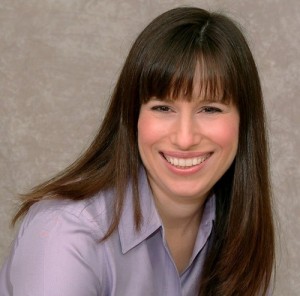Only a relatively few rabbis exploit emotionally vulnerable people but their impact is devastating: to individual victims, their families and friends, and the Jewish and broader public. Whether employed by congregations, Jewish camps and day schools, youth and college outreach or other organizations, rabbis who have ongoing access to people, funds, or sensitive information about their constituents should have mandatory, regularly scheduled professional therapy.
The Jewish Week, in cooperation with Temple Emanu-El– Skirball Center, recently sponsored a public program titled, “Training Rabbis. Who Will Lead Us Tomorrow?” (It was inspired by Keeping Faith in Rabbis. A Community Conversation on Rabbinical Education, a collection of essays that I co-edited with Ellie Roscher and was published a few months ago.) The forum, which I moderated, included Rabbis David Ellenson, Josh Davidson, Joy Levitt and Dr. Erin Leib Smokler—an exceptionally thoughtful panel. I turned to The Jewish Week first about the possibility of a public program because I trusted that, under its auspices, sensitive issues would not be sensationalized.
One of the questions that panelists debated was, “Who is responsible for putting more safeguards in place to prevent rabbis from engaging in unethical behavior? Can rabbinical organizations be trusted to police their own members?” Panelists offered a range of responses. Some were equivocal, others definitive (soon you’ll be able to watch a video archive of the discussion-information to follow later). In the short time since the program, we’ve read yet more allegations, court cases and convictions around rabbinical behavior. On a corresponding note closer to home, the systematic effort by the Archdiocese of Minneapolis and St. Paul to cover up years of clergy sexual abuse continues to send shockwaves throughout all communities of faith.
In light of these incidents, I now believe that rabbis who work under Jewish auspices need professional therapy. It’s one collective way that we can do teshuvah for the damage to our community and calling that a few members of our rabbinical family have caused.
In an essay from Keeping Faith in Rabbis, Rabbi Ellen Lewis writes, “In my experience as a rabbi and therapist who works with clergy, clergy are no different from other abusers in motive, just in opportunity. … we possess all the same human weaknesses as everyone else.” She offers a minyan of reasons for the value of rabbis having regular therapy. Among these ten reasons, she writes that it’s important for the rabbi “to get the view from the other side of the couch. It makes you more aware of how your congregants or clients experience coming to you for help”. More importantly, she notes that, “We (rabbis) are surrounded everyday by people who love us for no apparent reason and who hate us for no apparent reason.…talking and supervision and therapy makes people less likely to act out” (pp.205-207).
“Awe of the Lord is the beginning of knowledge, but fools despise wisdom and instruction (Proverbs 1:7).” Almost all of the rabbis that I know strive to stand in awe of God, and carefully and caringly help others. But we should be wise by now to appreciate the value of therapy. And budgetary constraints can’t be an excuse for inaction. Rabbis and their employers should share the financial cost for regularly scheduled therapy. Otherwise, we collectively continue to risk inflicting incalculable emotional pain to others and injecting generalized doubt about whether rabbis can be trusted. Why wait anymore for rabbinical organizations or seminaries to require action when rabbis and Jewish organizations can take the immediate local lead?
